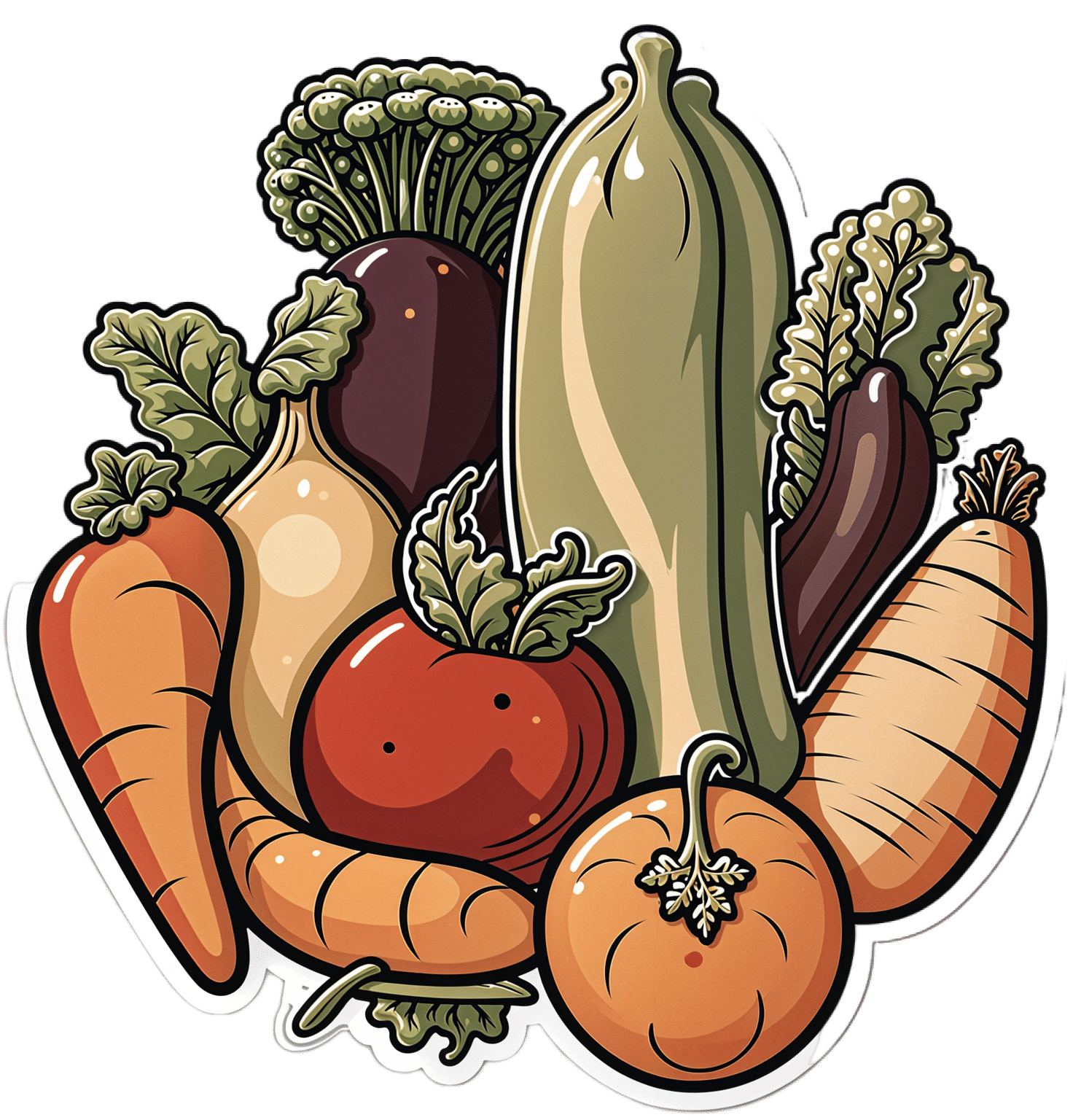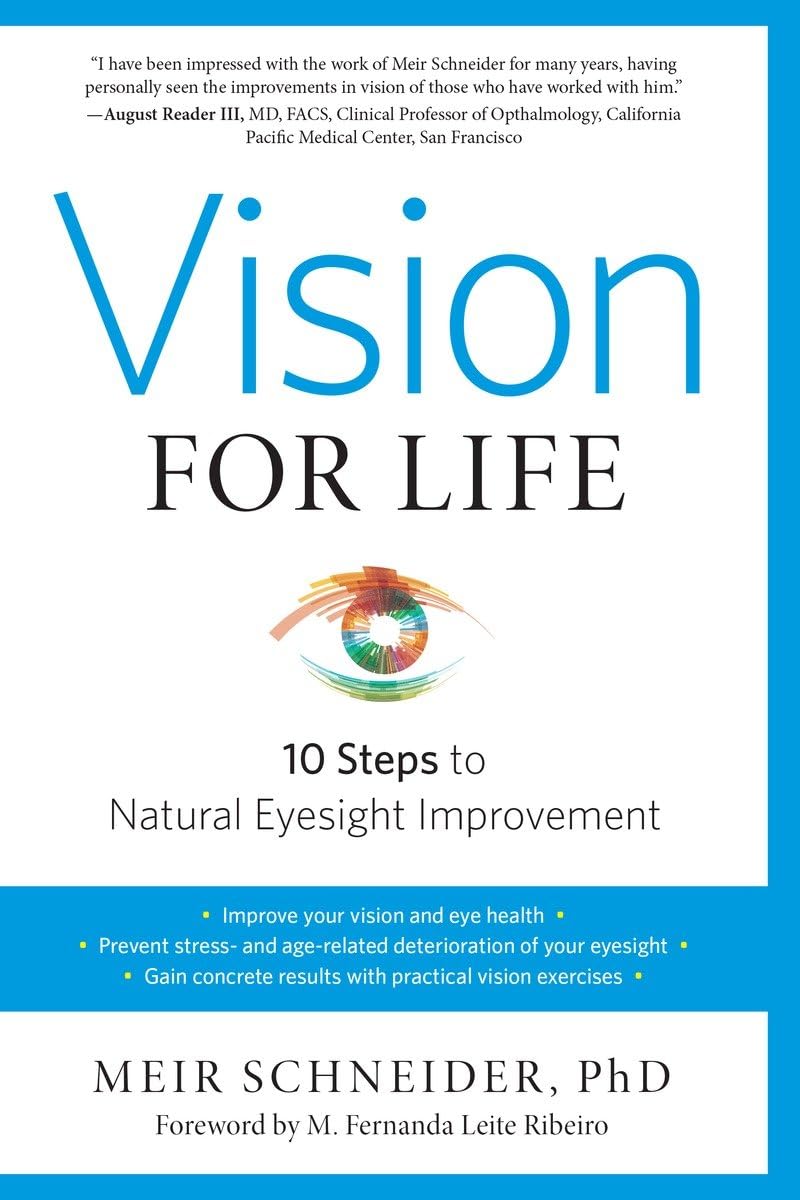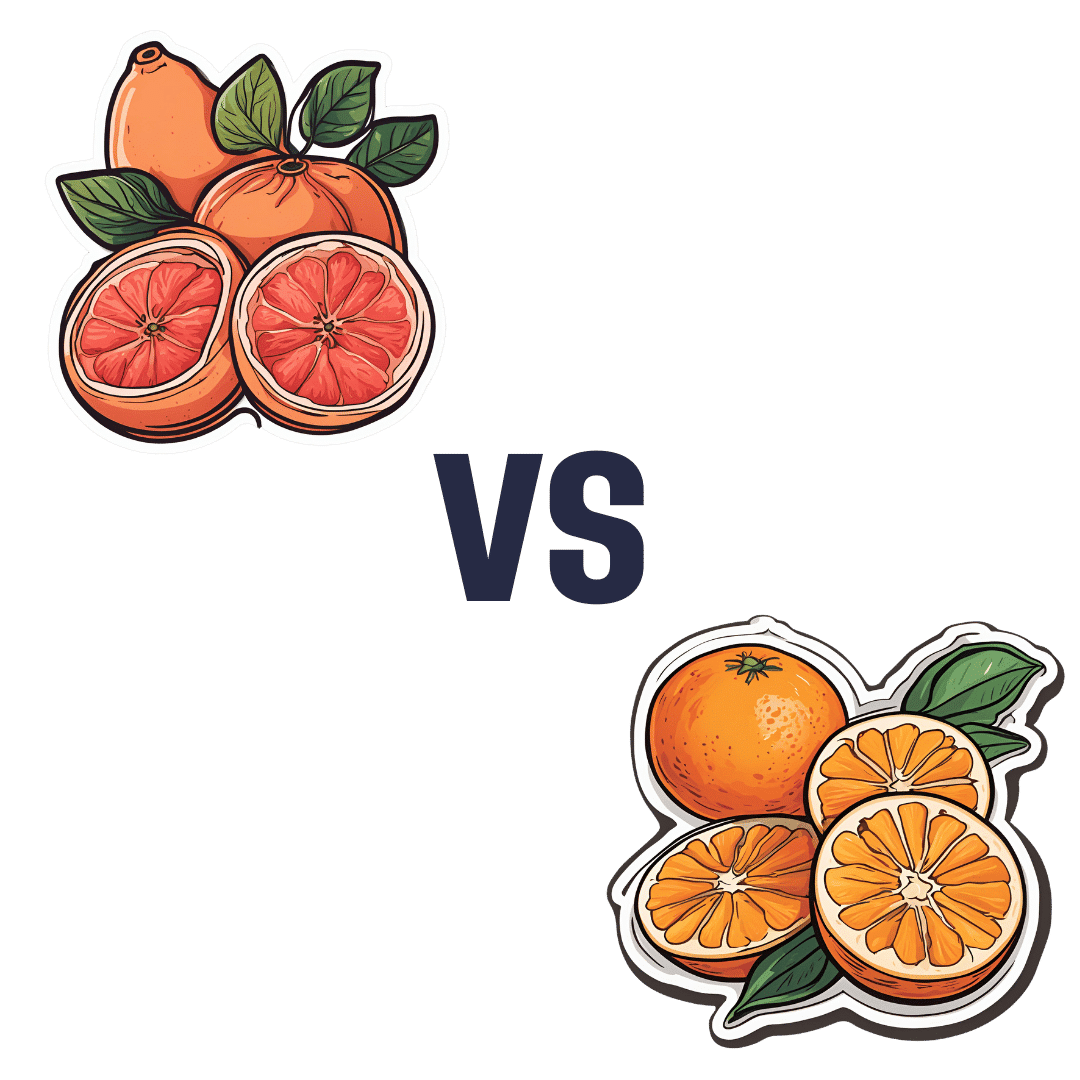
How To Know When You’re Healing Emotionally
10almonds is reader-supported. We may, at no cost to you, receive a portion of sales if you purchase a product through a link in this article.
The healing process can be humbling but rewarding, leading to deep fulfillment and inner peace. Discomfort in healing can be part of growth and self-integration. Because of that, progress sometimes looks and/or feels like progress… And sometimes it doesn’t. Here’s how to recognize it, though:
Small but important parts of a bigger process
Nine signs indicating you are healing:
- Allowing emotions: you acknowledge and process both negative and positive emotions instead of suppressing them.
- Improved boundaries: you improve at expressing and maintaining boundaries, overcoming fear of rejection, guilt, and shame.
- Acceptance of past: you accept difficult past experiences and their impact, reducing their hold over you.
- Less reactivity: you become less reactive and more thoughtful in responses, practicing emotional self-regulation.
- Non-linear healing: you understand that healing involves ups and downs and isn’t a straightforward journey.
- Stepping out of your comfort zone: you start taking brave steps that previously induced fear or anxiety.
- Handling disappointments: you accept setbacks and respond to them healthily, without losing motivation.
- Inner peace: you develop a sense of wholeness, and forgiveness for yourself and others, reducing self-sabotage.
- Welcoming support: you become more open to seeking and accepting help, moving beyond pride and shame.
In short: healing (especially the very first part: accepting that something needs healing) can be uncomfortable but lead to much better places in life. It’s okay if healing is slow; everyone’s journey is different, and doing your best is enough.
For more on each of these, enjoy:
Click Here If The Embedded Video Doesn’t Load Automatically!
Want to learn more?
You might also like:
Why You Can’t Just “Get Over” Trauma
Take care!
Don’t Forget…
Did you arrive here from our newsletter? Don’t forget to return to the email to continue learning!
Recommended
Learn to Age Gracefully
Join the 98k+ American women taking control of their health & aging with our 100% free (and fun!) daily emails:
-
Plant-Based Alternatives for Meat Recipes
10almonds is reader-supported. We may, at no cost to you, receive a portion of sales if you purchase a product through a link in this article.
It’s Q&A Day at 10almonds!
Have a question or a request? We love to hear from you!
In cases where we’ve already covered something, we might link to what we wrote before, but will always be happy to revisit any of our topics again in the future too—there’s always more to say!
As ever: if the question/request can be answered briefly, we’ll do it here in our Q&A Thursday edition. If not, we’ll make a main feature of it shortly afterwards!
So, no question/request too big or small
❝How about providing a plant-based alternative when you post meat-based recipes? I appreciate how much you advocate for veggie diets and think offering an alternative with your recipes would support that❞
Glad you’re enjoying! And yes, we do usually do that. But: pardon, we missed one (the Tuna Steak with Protein Salad) because it’d be more than a simple this-for-that substitution, we didn’t already have an alternative recipe up (as with the salmon recipes such as the Chili Hot-Bedded Salmon and Thai Green Curry Salmon Burgers).
Our recipes, by the way, will tend towards being vegan, vegetarian, or at least pescatarian. This is for several reasons:
- Good science suggests the best diet for general purpose good health is one that is mostly plants, with optional moderate amounts of fermented dairy products, fish, and/or eggs.
- Your writer here (it’s me, hi) has been vegan for many years, transitioning to such via pescatarianism and ovo-lacto vegetarianism, and so the skill of cooking meat is least fresh in my memory, meaning I’d not be confident writing about that, especially as cooking meat has the gravest health consequences for messing it up.
Note on biases: notwithstanding this writer being vegan, we at 10almonds are committed to reporting the science as it stands with no agenda besides good health. Hence, there will continue to be unbiased information about animal products’ health considerations, positive as well as negative.
See also: Do We Need Animal Products To Be Healthy?
…as well as, of course, some animal-based classics from our archives including:
We Are Such Stuff As Fish Are Made Of & Eggs: All Things In Moderation?
Finishing with one for the vegans though, you might enjoy:
Which Plant Milk? We Compare 6 Of The Most Popular
Some previous articles you might enjoy meanwhile:
- Pinpointing The Usefulness Of Acupuncture
- Science-Based Alternative Pain Relief
- Peripheral Neuropathy: How To Avoid It, Manage It, Treat It
- What Does Lion’s Mane Actually Do, Anyway?
Take care!
Share This Post
-
Vision for Life, Revised Edition – by Dr. Meir Schneider
10almonds is reader-supported. We may, at no cost to you, receive a portion of sales if you purchase a product through a link in this article.
The “ten steps” would be better called “ten exercises”, as they’re ten things that one can (and should) continue to do on an ongoing basis, rather than steps to progress through and then forget about.
We can’t claim to have tested the ten exercises for improvement (this reviewer has excellent eyesight and merely hopes to maintain such as she gets older) but the rationale is compelling, and the public testimonials abundant.
Dr. Schneider also talks about improving and correcting errors of refraction—in other words, doing the job of any corrective lenses you may currently be using. While he doesn’t claim miracles, it turns out there is a lot that can be done for common issues such as near-sightedness and far-sightedness, amongst others.
There’s a large section on managing more chronic pathological eye conditions than this reviewer previously knew existed; in some cases it’s a matter of making sure things don’t get worse, but in many others, there’s a recurring of theme of “and here’s an exercise for correcting that”.
The writing style is a little more “narrative prose” than we’d have liked, but the quality of the content more than makes up for any style preference issues.
Bottom line: the human body is a highly adaptive organism, and sometimes it just needs a little help to correct itself. This book can help with that.
Click here to check out Vision for Life, and take good care of yours!
Share This Post
-
9 Little Habits To Have A Better Day
10almonds is reader-supported. We may, at no cost to you, receive a portion of sales if you purchase a product through a link in this article.
Practically gift-wrapped, here are 9 key things to improve any day!
Mindfully does it
These are all things that seem obvious when you read them, but take a moment to consider: how many do you actually do on a daily basis, really? And could you implement the others?
- Remember to be thankful: train your brain to focus on the good in life, either in the morning to start the day positively or at night to unload stress. Or both!
- Change your scenery: visiting new places, even just a walk in the park, can refresh your mind and improve your mood.
- Do one thing at a time: multitasking leads to unfinished, low-quality work. Focusing on one task at a time all but ensures better results.
- Laugh: laughter releases feel-good hormones of various kinds, spreads joy, and relieves tension, making the day more enjoyable. It has longevity-boosting effects too!
- Help someone: helping others boosts happiness, enhances self-worth, and might even provide insights into your own problems. As a bonus, it actually helps the other person, too—so “pay it forward” and all that 🙂
- Prepare the night before: prepping ahead prevents morning stress, making for a smoother and more confident start to the day—which sets the tone of the rest of the day.
- Hype yourself up: even temporary self-belief can boost confidence and its effects are incrementally cumulative over time.
- Relaxation: establish an evening routine (like reading or listening to calming music) to de-stress and improve sleep quality.
- Take your time: being present in the moment enhances enjoyment, improves focus, and cultivates gratitude—which takes us back to #1!
For more on each of these, enjoy:
Click Here If The Embedded Video Doesn’t Load Automatically!
Want to learn more?
You might also like:
Are You Flourishing? (There’s a Scale)
Take care!
Share This Post
Related Posts
-
The Bitter Truth About Coffee (or is it?)
10almonds is reader-supported. We may, at no cost to you, receive a portion of sales if you purchase a product through a link in this article.
The Bitter Truth About Coffee (or is it?)
Yesterday, we asked you for your (health-related) views on coffee. The results were clear: if we assume the responses to be representative, we’re a large group of coffee-enthusiasts!
One subscriber who voted for “Coffee is a healthy stimulant, hydrating, and full of antioxidants” wrote:
❝Not so sure about how hydrating it is! Like most food and drink, moderation is key. More than 2 or 3 cups make me buzz! Just too much.❞
And that fine point brings us to our first potential myth:
Coffee is dehydrating: True or False?
False. With caveats…
Coffee, in whatever form we drink it, is wet. This may not come as a startling revelation, but it’s an important starting point. It’s mostly water. Water itself is not dehydrating.
Caffeine, however, is a diuretic—meaning you will tend to pee more. It achieves its diuretic effect by increasing blood flow to your kidneys, which prompts them to release more water through urination.
See: Effect of caffeine on bladder function in patients with overactive bladder symptoms
How much caffeine is required to have a diuretic effect? About 4.5 mg/kg.
What this means in practical terms: if you weigh 70kg (a little over 150lbs), 4.5×70 gives us 315.
315mg is about how much caffeine might be in six shots of espresso. We say “might” because while dosage calculations are an exact science, the actual amount in your shot of espresso can vary depending on many factors, including:
- The kind of coffee bean
- How and when it was roasted
- How and when it was ground
- The water used to make the espresso
- The pressure and temperature of the water
…and that’s all without looking at the most obvious factor: “is the coffee decaffeinated?”
If it doesn’t contain caffeine, it’s not diuretic. Decaffeinated coffee does usually contain tiny amounts of caffeine still, but with nearer 3mg than 300mg, it’s orders of magnitude away from having a diuretic effect.
If it does contain caffeine, then the next question becomes: “and how much water?”
For example, an Americano (espresso, with hot water added to make it a long drink) will be more hydrating than a ristretto (espresso, stopped halfway through pushing, meaning it is shorter and stronger than a normal espresso).
A subscriber who voted for “Coffee messes with sleep, creates dependency, is bad for the heart and gut, and is dehydrating too” wrote:
❝Coffee causes tachycardia for me so staying away is best. People with colon cancer are urged to stay away from coffee completely.❞
These are great points! It brings us to our next potential myth:
Coffee is bad for the heart: True or False?
False… For most people.
Some people, like our subscriber above, have an adverse reaction to caffeine, such as tachycardia. An important reason (beyond basic decency) for anyone providing coffee to honor requests for decaff.
For most people, caffeine is “heart neutral”. It doesn’t provide direct benefits or cause direct harm, provided it is enjoyed in moderation.
See also: Can you overdose on caffeine?
Some quick extra notes…
That’s all we have time for in myth-busting, but it’s worth noting before we close that coffee has a lot of health benefits; we didn’t cover them today because they’re not contentious, but they are interesting nevertheless:
- Coffee is the world’s biggest source of antioxidants
- 65% reduced risk of Alzheimer’s for coffee-drinkers
- 67% reduced risk of type 2 diabetes for coffee-drinkers
- 43% reduced risk of liver cancer for coffee-drinkers
- 53% reduced suicide risk for coffee-drinkers
Enjoy!
Don’t Forget…
Did you arrive here from our newsletter? Don’t forget to return to the email to continue learning!
Learn to Age Gracefully
Join the 98k+ American women taking control of their health & aging with our 100% free (and fun!) daily emails:
-
Grapefruit vs Orange – Which is Healthier?
10almonds is reader-supported. We may, at no cost to you, receive a portion of sales if you purchase a product through a link in this article.
Our Verdict
When comparing grapefruit to orange, we picked the orange.
Why?
It’s easy, when guessing which is the healthier out of two things, to guess that the more expensive or perhaps less universally available one is the healthier. But it’s not always so, and today is one of those cases!
In terms of macros, they are very similar fruits, with almost identical levels of carbohydrates, proteins, and fats, as well as water. Looking more carefully, we find that grapefruit’s sugars contain a slightly high proportion of fructose; not enough to make it unhealthy by any means (indeed, no whole unprocessed fruit is unhealthy unless it’s literally poisonous), but it is a thing to note if we’re micro-analysing the macronutrients. Also, oranges have slightly more fiber, which is always a plus.
When it comes to vitamins, oranges stand out with more of vitamins B1, B2, B3, B6, B9, C, and E, while grapefruit boasts more vitamin A (hence its color). Still, we’re calling this category another win for oranges.
In the category of minerals, oranges again sweep with more calcium, copper, iron, magnesium, manganese, potassium, and selenium, while grapefruit has just a little more phosphorus. So, another easy win for oranges.
One final consideration that’s not shown in the nutritional values, is that grapefruit contains furanocoumarin, which can inhibit cytochrome P-450 3A4 isoenzyme and P-glycoptrotein transporters in the intestine and liver—slowing down their drug metabolism capabilities, thus effectively increasing the bioavailability of many drugs manifold. It can also be found in lower quantities in Seville (sour) oranges, and it’s not present (or at least, if it is, it’s in truly tiny quantities) in most oranges.
This may sound superficially like a good thing (improving bioavailability of things we want), but in practice it means that in the case of many drugs, if you take them with (or near in time to) grapefruit or grapefruit juice, then congratulations, you just took an overdose. This happens with a lot of meds for blood pressure, cholesterol (including statins), calcium channel-blockers, anti-depressants, benzo-family drugs, beta-blockers, and more. Oh, and Viagra, too. Which latter might sound funny, but remember, Viagra’s mechanism of action is blood pressure modulation, and that is not something you want to mess around with unduly. So, do check with your pharmacist to know if you’re on any meds that would be affected by grapefruit or grapefruit juice!
All in all, today’s sections add up to an overwhelming win for oranges!
Want to learn more?
You might like to read:
Take care!
Don’t Forget…
Did you arrive here from our newsletter? Don’t forget to return to the email to continue learning!
Learn to Age Gracefully
Join the 98k+ American women taking control of their health & aging with our 100% free (and fun!) daily emails:
-
Berberine For Metabolic Health
10almonds is reader-supported. We may, at no cost to you, receive a portion of sales if you purchase a product through a link in this article.
Is Berberine Nature’s Ozempic/Wegovy?
Berberine is a compound found in many plants. Of which, some of them are variations of the barberry, hence the name.
It’s been popular this past couple of years, mostly for weight loss. In and of itself, something being good for weight loss doesn’t mean it’s good for the health (just ask diarrhoea, or cancer).
Happily, berberine’s mechanisms of action appear to be good for metabolic health, including:
- Reduced fasting blood sugar levels
- Improved insulin sensitivity
- Reduced LDL and triglycerides
- Increased HDL levels
So, what does the science say?
It’s (mostly!) not nature’s Wegovy/Ozempic
It’s had that title in a number of sensationalist headlines (and a current TikTok trend, apparently), but while both berberine and the popular weight-loss drugs Wegovy/Ozempic act in part on insulin metabolism, they mostly do so by completely different mechanisms.
Wegovy and Ozempic are GLP-1 agonists, which mean they augment the action of glucagon-like-peptide 1, which increases insulin release, decreases glucagon release, and promotes a more lasting feeling of fullness.
Berberine works mostly by other means, not all of which are understood. But, we know that it activates AMP-activated protein kinase, and on the flipside, inhibits proprotein convertase subtilisin/kexin type 9.
In less arcane words: it boosts some enzymes and inhibits others.
Each of these boosts/inhibitions has a positive effect on metabolic health.
However, it does also have a slight GLP-1 agonist effect too! Bacteria in the gut can decompose and metabolize berberine into dihydroberberine, thus preventing the absorption of disaccharides in the intestinal tract, and increasing GLP-1 levels.
See: Effects of Berberine on the Gastrointestinal Microbiota
Does it work for weight loss?
Yes, simply put. And if we’re going to put it head-to-head with Wegovy/Ozempic, it works about half as well. Which sounds like a criticism, but for a substance that’s a lot safer (and cheaper, and easier—if we like capsules over injections) and has fewer side effects.
- Weight Loss Outcomes Associated With Semaglutide Treatment for Patients With Overweight or Obesity ← Wegovy and Ozempic are both brand names of semaglutide
- The effect of berberine supplementation on obesity parameters: A systematic review and meta-analysis of randomized controlled trials ← a good recent research review giving clear data on many factors
- Lipid-lowering effect of berberine in human subjects and rats ← this is an older study, 2012, but it gives 3-month weight loss percentages rather than discrete values in the abstract, so it’s easier to compare to the semaglutide study without grabbing a calculator
❝But more interestingly, the treatment significantly reduced blood lipid levels (23% decrease of triglyceride and 12.2% decrease of cholesterol levels) in human subjects.
However, there was interestingly, an increase in calcitriol levels seen in all human subjects following berberine treatment (mean 59.5% increase)
Collectively, this study demonstrates that berberine is a potent lipid-lowering compound with a moderate weight loss effect, and may have a possible potential role in osteoporosis treatment/prevention.❞
(click through to read in full)
Is it safe?
It appears to be, with one special caveat: remember that paper about the effects of berberine on the gastrointestinal microbiota? It also has some antimicrobial effects, so you could do harm there if not careful. It’s recommended to give it a break every couple of months, to be sure of allowing your gut microbiota to not get too depleted.
Also, as with anything you might take that’s new, always consult your doctor/pharmacist in case of contraindications based on medications you are taking.
Where can I get it?
As ever, we don’t sell it, but here’s an example product on Amazon, for your convenience.
Enjoy!
Don’t Forget…
Did you arrive here from our newsletter? Don’t forget to return to the email to continue learning!
Learn to Age Gracefully
Join the 98k+ American women taking control of their health & aging with our 100% free (and fun!) daily emails:








